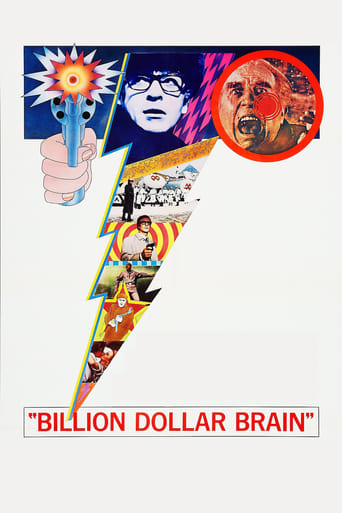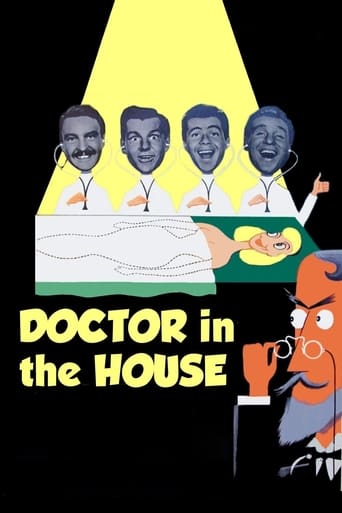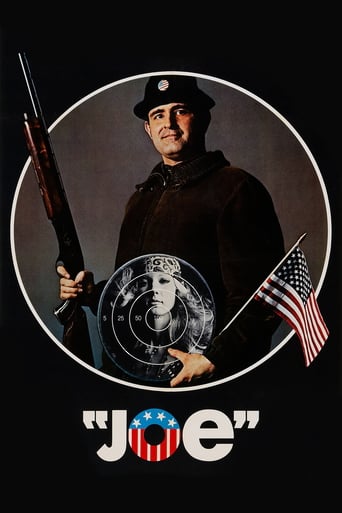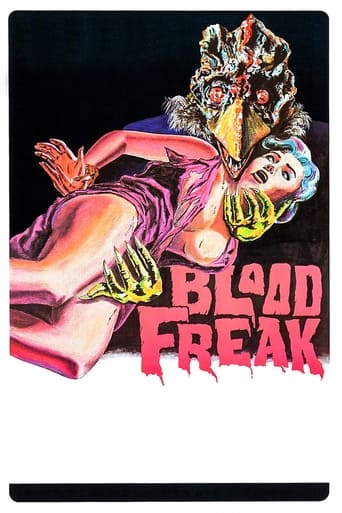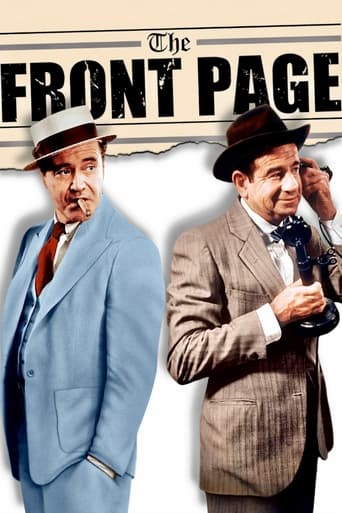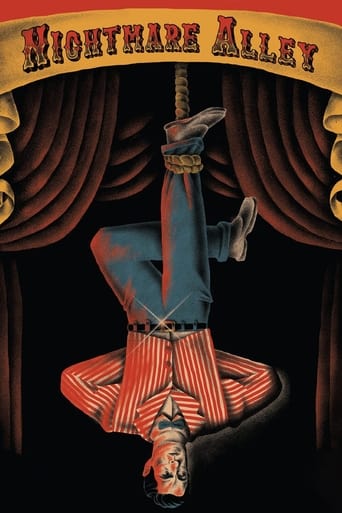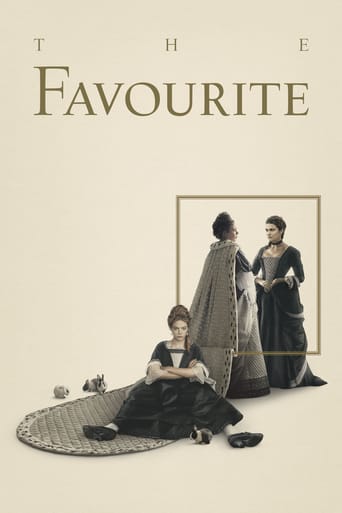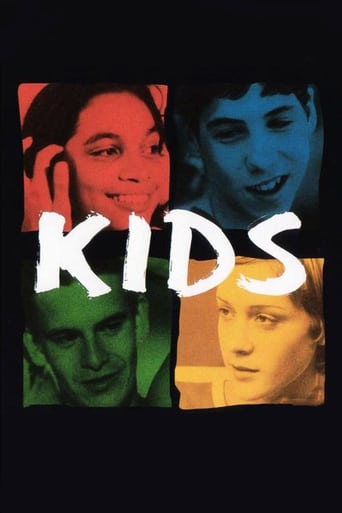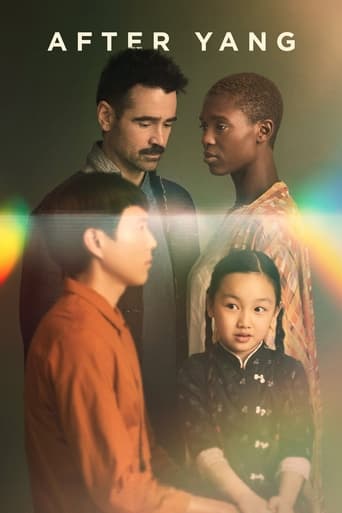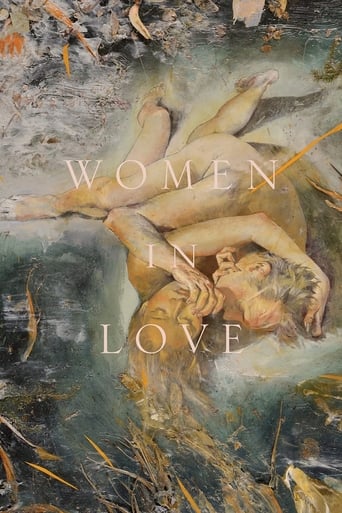


Women in Love
Growing up in the sheltered confines of a 1920's English coal-mining community, free-spirited sisters Gudrun and Ursula explore erotic love with a wealthy playboy and a philosophical educator, with cataclysmic results for all four.
-
- Cast:
- Alan Bates , Oliver Reed , Glenda Jackson , Jennie Linden , Eleanor Bron , Alan Webb , Vladek Sheybal


Similar titles
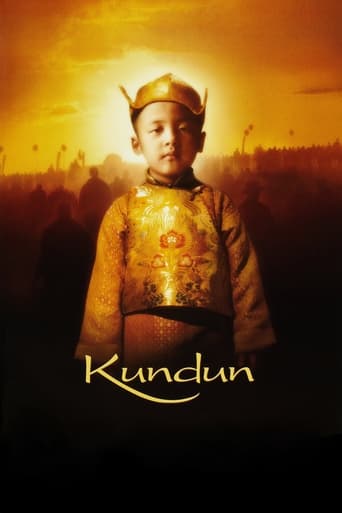
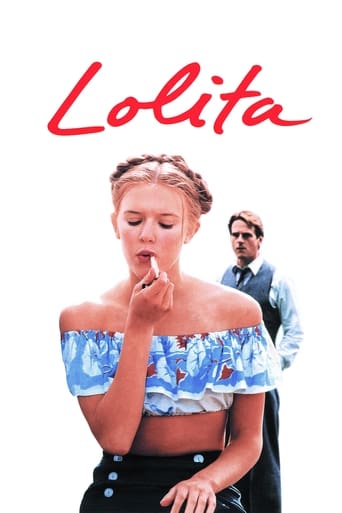
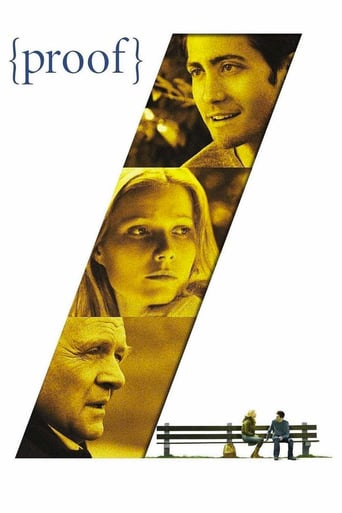
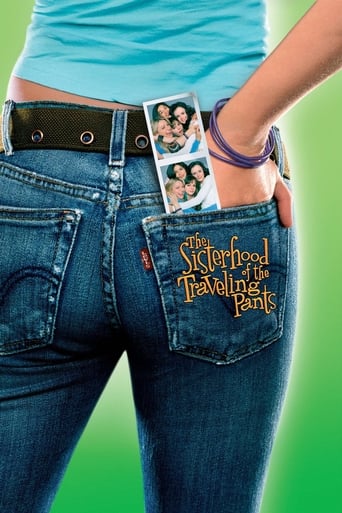
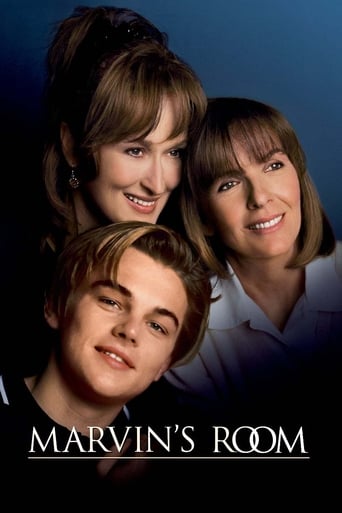
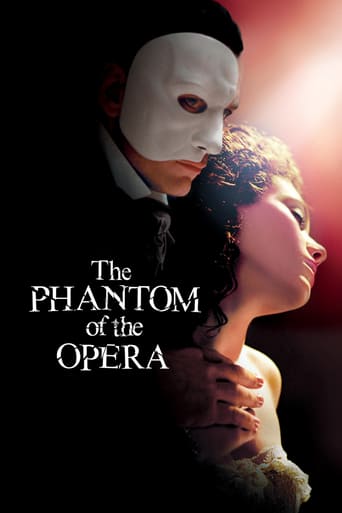
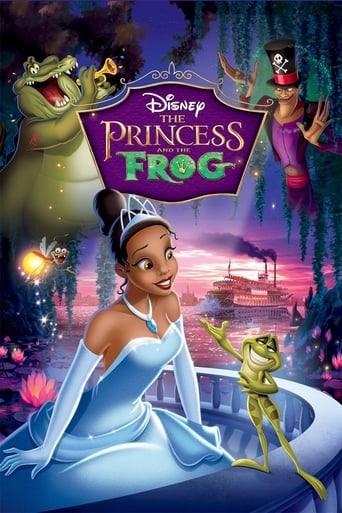
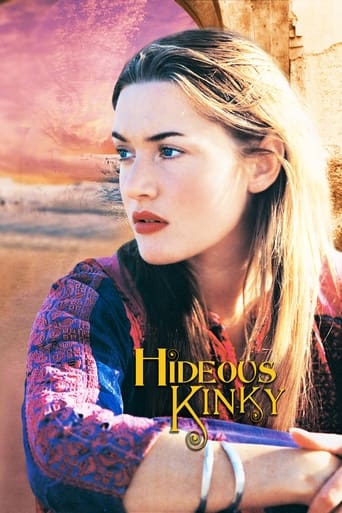
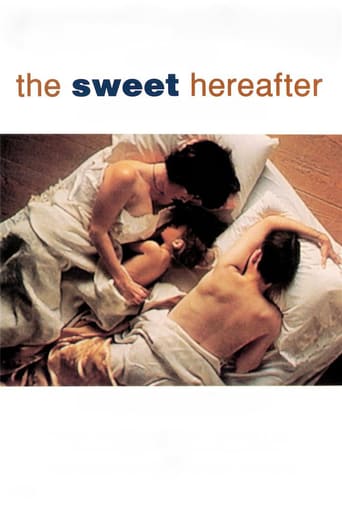

Reviews
I like the storyline of this show,it attract me so much
The Worst Film Ever
Excellent but underrated film
This is a coming of age storyline that you've seen in one form or another for decades. It takes a truly unique voice to make yet another one worth watching.
Sisters Gudrun Brangwen (Glenda Jackson) and school teacher Ursula Brangwen (Jennie Linden) belong to the upper crust society of England's industrial Midlands during the 20's. Ursula falls for the philosophical Rupert Birkin (Alan Bates). Gudrun is taken with his best friend Gerald Crich (Oliver Reed) who ruthlessly runs his father's coal mine. This is high art erotic romanticism based on D. H. Lawrence's novel. There are some great work from director Ken Russell. I especially love the one cut from the post-coital Ursula-Rupert to the dead lovers. There is the homoerotic wrestling scene pushing the envelop. The performances of Glenda Jackson and Oliver Reed are superior. It does run a bit long which is not unusual among the films of that era. Overall, it is a superior work of high art erotica of the British upper class.
The battle of the sexes and relationships among the elite of Britian's industrial Midlands in the 1920s. Gerald Crich (Oliver Reed) and Rupert Berkin (Alan Bates) are best friends who fall in love with a pair of sisters: Gudrun the sculptress (Glenda Jackson) and Ursula the schoolteacher (Jennie Linden).I just wanted to mention the nude wrestling scene. Wow. To have this in a film is pretty incredible, but then to have it with a notable actor (Reed) is even more incredible. A bold move for everyone involved.The film won the Golden Globe Award for Best English-Language Foreign Film, an honor they discontinued in 1973 when it occurred to everyone that this makes no sense.
This story takes place in England in the 1920s and follows two young sisters, Gudrun and Ursula, and their relationships with Gerald and Rupert, respectively. As might be expected from a Lawrence novel, sexuality plays a significant role, shading the complexity of the relationships. It's not just the two main relationships that take center stage, but the relationship between Gerald and Rupert adds a captivating dimension to the proceedings. No matter how satisfying the relationship with a woman, Rupert feels that a male friendship is necessary for fulfillment. It does not seem that what Rupert seeks is a homosexual relationship, but some relationship that goes "beyond love," as he says.The cast is uniformly good. Glenda Jackson makes a great Gudrun--a woman with an artistic temperament whose feral nature is hinted at throughout, and explodes toward the end. Oliver Reed is a good Gerald--masculine, with an underlying passion that must fail to be satisfied due to his inability to understand the emotional depths of a woman like Gudrun. Alan Bates breaths life into the sensitive, emotional Rupert who is continually searching for some ultimate Eden while having a love/hate relationship with death. I would have to guess that Rupert is a stand-in for Lawrence.The filming is lush with a surprising eye for period details.I came away from this less than optimistic about human relationships. The discrepancy between what the people are thinking and how they are behaving is exemplified, and their emotions are so volatile that they can move from one extreme to another in a split second. Lying at the heart of all the relationships is a battle of wills where expectations are not met. Class distinctions add to the discord--Gerald's being a wealthy businessman, whose main concern has been maximizing the bottom line, ill suits him for establishing intimate contact with the more artistically and philosophically inclined schoolteachers. I usually go to movies that have been adapted from famous novels with much trepidation, fearing that the novel will be butchered and people will be discouraged from reading the original source. However, the two movies I have seen based on D.H. Lawrence novels (this one and "Sons and Lovers") have been sincere attempts to capture the essence of the novels and have by and large succeeded. This movie encourages reading the novel.The movie follows the book pretty well; most of the dialog comes directly from the novel. Much of Rupert's mystical, philosophical musings have been omitted, which is not all that bad in my opinion. The fig scene was added, but it is in keeping with the spirit of the film; however, Loerke's jumping around near the end pretending that he is Tchaikovski is a bit of an odd addition. And Gerald's mother is portrayed as being totally off her nut in the movie, whereas in the book she was just bitter and uncaring.If you want to get into the weeds of trying to understand the exceedingly complicated emotions that this movie only touches on, read the book.
I must say that I both like and dislike this film. First the good things about it: the cinematography is excellent and obviously, the cameramen have done their work very well. Most people tend to consider the nude wrestling scene as the most important one but my own preference is for the scene when Gudrun dances in front of the cattle and her talk with Gerald afterwards for its mysticism and symbolic significance. I think this scene is perhaps the key for understanding the whole film. The plot develops quickly and there is always something happening, so I was not bored as with other films. The actors are very good especially Glenda Jackson in her very demanding role. Unfortunately, there are too many drawbacks as well. First of all: almost everything in the film is horribly exaggerated. The emotions, the conflicts, the dialogues, the love of the two couples etc etc. Everything is brought to some extremity which makes everything improbable and overdone. I simply fail to identify with such people and with their behavior—it borders on madness. I know very well that one of the main topics of Lawrence is the need for spontaneity but he has brought it to extremes. Especially Birkin ( he is a self-portrait of Lawrence) is pathetic with his endless and empty philosophizing. He was supposed to be a tragic figure perhaps but I am not persuaded in this. There is nothing tragic in this film because even when there are tragedies, the characters do not respond to them in the way that most people would. The irony is that D H Lawrence, who was so much against the mechanical civilization, himself treats his characters as if they were inanimate objects. Maybe this was considered bold and innovative in 1920 ( when the book was published and Freudism started to be fashionable) but this attitude of his inevitably led him to artistic failure. The desire to shock, to create scandal for its own sake kills the artistic sophistication of a work of art. This is the illness of our culture nowadays: artists do not try to explain and understand, they try to shock. And Lawrence was one of the artists who established this ( deeply wrong in my opinion) attitude to art. And how can you shock the public? The easiest way is to portray as much sadism, nudity and sex as possible. And Lawrence and Russell have done exactly this. There is an intoxication with violence in Lawrence that goes into sadism. And an author should never be sadistic. I think Lawrence fails to understand the true nature and meaning of love, which for a writer who had chosen the title of his book to be "Women in love" is a serious artistic failure. There is sex, there is battle for dominance, there is artistic attraction ( Loercke) but love there is not. Ursula believes in love and longs for it ( even desperately begging for it) but Rupert is unable to give love to her precisely because he himself is incapable of feeling it ( except perhaps to Gerald). But then why ( I ask myself) are these two, Ursula and Rupert, a couple? What is it that attracts them to each other? They are so different people after all. But Lawrence fails to answer this and to go deeper into their relationship. And this makes their "love" unconvincing and artificial. Gudrun and Gerald are the more realistic couple. But with them things are clear: this is not love but a life-and-death struggle for dominance, a titanic clash of two strong egos. I also think that their story is the best and the most valuable part of the book. What I miss in this book and this film is the depth. Lawrence is not a deep author, he is rather superficial. He tries to be deep but he cannot achieve this. Serious problems are just touched without going deeper into them. There is not a coherent set of values and ideas forming a single whole in Lawrence. This chaos is reflected in the book. Good insights and then some stupid and improbable event! Wise words together with flamboyant nonsense! Serious things mixed with trivial and petty details.! All this creates a terrible confusion! He sends contradictory messages to readers and leaves them confused and uncertain which is a serious weakness for an author, trying to be philosophical and psychological. I have the feeling that D H Lawrence was himself confused and tortured by his inner demons. Maybe that is why he had become a writer. But just describing your fears and doubts is not enough! You should try to overcome them, to give answers. His ideas ( expressed via Birkin) cannot be taken seriously. I think that D H Lawrence is an outdated author. His passions and subjects which might have been attractive and original in the 1920s and 30s have lost all their significance now. It is the same with the film ( shown 1969 at the height of the sexual revolution) . Yes, Lawrence was bold to speak about the taboos of his age and we should give him the credit for this. But great art is much more than that! Lawrence's greatest fault was that he subordinated art to depicting such phenomena but failing to go deeper into their contents and meaning. The result was that his works aged very quickly once the scandals passed. What was scandalous then is mainstream now. Sadly, because of their exaggerations and because Lawrence failed to contextualize these problems and dramas, they cannot be accepted as a correct and deep portrait of their age either. So, their historic significance is not very big either. Maybe someone would accuse me of being too harsh to Lawrence. But I do believe that great art does not age! Take Shakespeare! He lived in a much more distant age but his works generally do not age!

